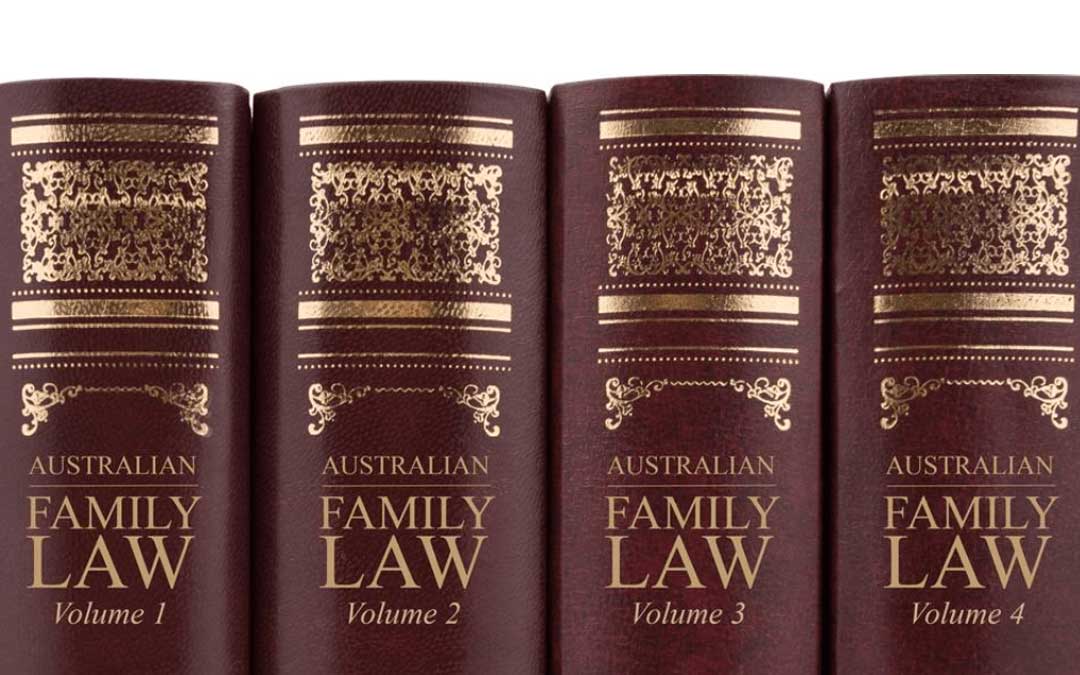Unfortunately, the words that Family Law lawyers use can be confusing to members of the public.
This is not helped by the fact that legislation changes, and with these changes in the law come changes in terminology.
An example of this can be found in the relatively recent Family Law case of Mills & Watson [2008] FMCAfam 2 where His Honour Federal Magistrate Walters (as he then was) said (at paragraph 1):
‘Although the law now refers to a child “spending time” with a person (usually a parent) with whom the child does not live [See, for example, section 64B(2) of the Family Law Act 1975], I shall use – from time to time in these Reasons – the obsolete term ‘contact. I have elected to use the superseded term because it is both more convenient and less grammatically challenging to do so.’
Therefore it is helpful to ask: ‘what do we mean by ‘custody’ in Australia?’ ‘What do we mean by ‘access’ in Australia’?’ What do we mean when we talk about terms such as ‘guardianship’ or ‘residence’?
Barrister Beatrice Melita provides some helpful guidance when she talks about the changes to the legislative framework brought about by the Family Law Amendment (Shared Parental Responsibility) Act 2006 that came into operation on 1 July 2006:
‘Earlier terminology used in children’s orders were guardianship, custody and access and these were subsequently changed to long term responsibility for the child’s care, welfare and development, residence and day to day responsibility for the child’s care, welfare and development and contact, respectively…
In making parenting orders… the new terms will be “duties and responsibilities concerning the care, welfare and development“, and parental responsibility is defined to mean all the duties, powers, responsibilities and authority which by law parents have in relation to children (s61B). Residence is changed to “live with” (s65M) and contact is replaced by “spend time with” (s65N) and “communicate with” (s65NA).
The child representative is now called the “independent children’s lawyer” and family court counsellors and mediators referred to as “family consultants“.’
So now instead of a Court ‘granting custody’ the Court will make ‘parenting orders’. instead of a parent having ‘custody’ of children and the other party having ‘contact’ or ‘access’, the Court will order that children will ‘live with’ a parent and ‘spend time and communicate with’ another parent.
—
Marc Testart
Principal Family Lawyer
Testart Family Lawyers
Experience. Excellence. Compassion.

